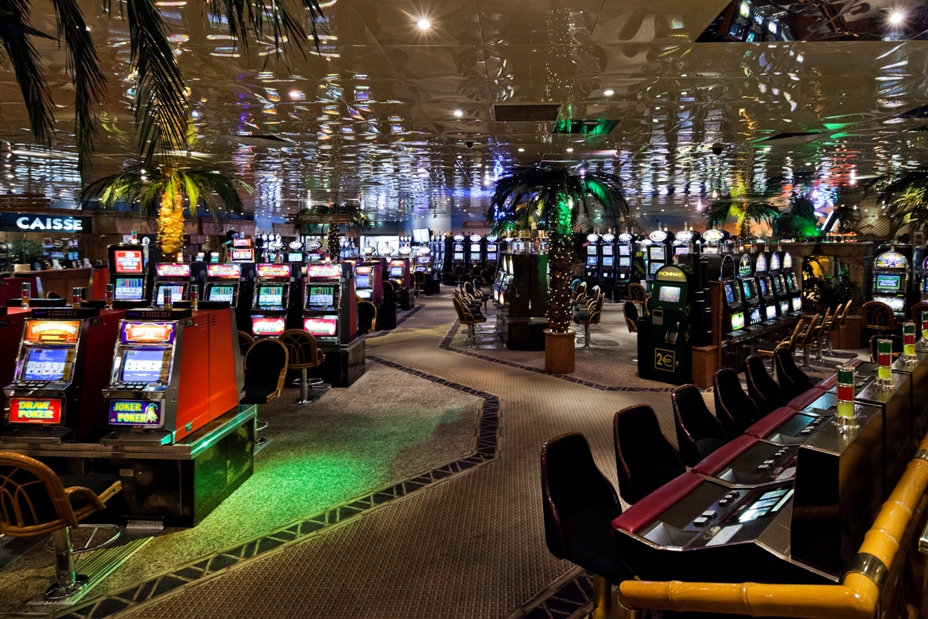The Prospect of Gambling Game Technology

The landscape of casino games is quickly evolving, driven by advancements in technology that are reshaping how participants interact with their beloved pastimes. From the conventional land-based casinos to the online realm of virtual gaming, the incorporation of innovative techniques is creating exciting new opportunities for aficionados around the planet. As we look towards the future, it becomes apparent evident that the future of gambling will be shaped by augmented engagement, immersive visuals, and the use of data analytics to customize gaming experiences.
In this ever-changing environment, developments such as immersive reality, AR, and artificial intelligence are making substantial inroads. These technologies not only elevate the design of gaming experiences but also enrich the overall gaming experience by making it more immersive and adapted to individual choices. As gaming companies adopt these innovative technologies, gamblers can anticipate to see a more thrilling and involving experience into the world of gambling, where the possibilities are restricted only by the inventiveness.
Innovative Technologies in Gaming
The environment of casino games is transforming rapidly, driven by improvements in tech that boost the gambling experience. One of the most important developments is the integration of virtual reality and augmented reality. These engaging experiences enable players to enter authentic casino atmospheres from the convenience of their own space. With VR headsets and custom equipment, gamers can interact with virtual dealers and fellow gamers, making online gaming more exciting and social.
Another digital development is the use of blockchain in gambling. This non-centralized ledger technology ensures transparency and fairness in the games. By leveraging this technology, casinos can deliver players with authenticated evidence of equity in game outcomes, building faith in digital casinos. Additionally, blockchain enables smooth transactions with crypto tokens, giving players more choices and safety while engaging in their preferred games.
Machine learning is also crucial in the evolution of the gaming industry. AI programs are being used to analyze player patterns, offering personalized gambling experiences adapted to personal tastes. This creates improved customer support, more accurate game recommendations, and improved security measures. As AI continues to evolve, it will most likely transform the way players connect with gambling, creating a more adaptive and engaging gaming setting.
Influence of VR on Gaming
The implementation of VR technology has changed the way players engage with casino games. By immersing users in a virtual environment, VR allows players to feel as if they are actually in a tangible casino. This heightened sense of involvement not only boosts satisfaction but also adds an element of social interaction, where players can play games with others from globally in a common virtual space.
With the capability to explore virtual casinos, players can pick from a vast selection of games, including video slots, 21, and poker, all displayed in breathtaking detail. The authentic graphics and sound effects create an immersive atmosphere that simulates the thrill of a real-life casino. no hu This level of engagement fosters a deeper emotional connection to the games, allowing players to fully engage in their gaming journey like never before.
Furthermore, virtual reality can bring in innovative gameplay mechanics that are not feasible in standard settings. For example, VR can facilitate interactive tutorials, helping new players to learn the rules and strategies in an engaging manner. Additionally, developers can develop unique game formats that utilize the capable capabilities of VR, offering new and exciting experiences that appeal to both seasoned gamblers and novices alike.
The Role of AI in Game Development
Artificial intelligence is transforming the landscape of developing casino games by enhancing both player experience and game creation. With machine learning techniques, developers can examine how players behave and likings, enabling the creation of customized game experiences. This level of customization can result in higher engagement from players and retention, as players believe that the games cater to their specific likes and play styles.
AI is utilized to enhance the process of game design as well. By modeling various scenarios in gameplay, developers can swiftly identify what features players enjoy and which features do not. This data-driven approach streamlines development and enables studios to bring innovations quickly, as they can adapt their design strategies based on immediate feedback. The integration of AI tools can lead to the development of more complex and entertaining games that ensure players wanting to play again.
Moreover, AI plays a critical role in maintaining fair play and security within the games. Advanced algorithms can detect patterns of cheating or unlawful conduct, thus preserving the honesty of the games. With AI, casinos can adopt more effective security measures, ensuring that both players and operators are secure. This does not just enhance confidence in the casino setting but also fosters a healthier casino ecosystem overall.
